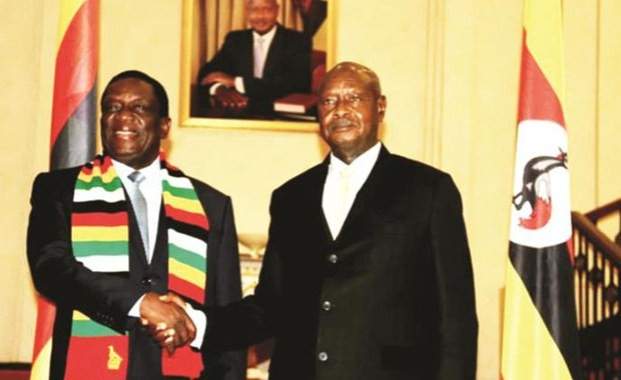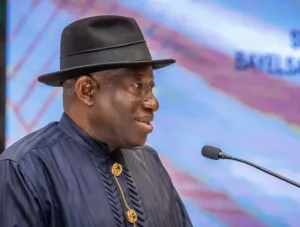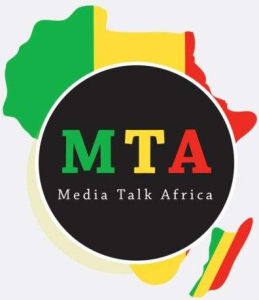In recent developments, the United States has taken a firm stance by announcing visa restrictions for officials in Zimbabwe and expanding the existing restrictions for Ugandan officials. These measures are targeted at individuals believed to be responsible for undermining democratic values and suppressing marginalized communities, as reported by Reuters.
During the announcement, U.S. Secretary of State Antony Blinken highlighted the marginalization of groups such as the LGBT community in Uganda and civil society advocates in Zimbabwe, among other concerns. Notably, no specific officials were mentioned by name in Blinken’s remarks, underscoring the broader nature of the restrictions.
Of particular concern is Uganda’s controversial anti-LGBTQ law, which is considered one of the most stringent in the world. Enacted in May, this law prescribes the death penalty for acts of “aggravated homosexuality,” including cases involving HIV transmission through same-sex relations. In response to this, the U.S. State Department previously imposed restrictions on the travel of Ugandan officials in June. Additionally, visa restrictions had been placed on Ugandan politicians earlier in the aftermath of the 2021 elections, which were deemed to be “flawed.”
Furthermore, Secretary Blinken unveiled a new immigration limitation policy targeting individuals who are perceived to be undermining democratic principles in Zimbabwe. This revelation comes in the wake of a contentious election in August which resulted in Zimbabwean President Emmerson Mnangagwa securing a second term. Election monitors have criticized the election, describing it as a “gigantic fraud” and asserting that it did not adhere to international and regional standards.
These measures signal a proactive approach by the United States in addressing concerns related to democracy and human rights in Uganda and Zimbabwe. The implications of these visa restrictions extend beyond individual officials, resonating with broader societal and democratic dynamics in both countries.
The move underscores the U.S. government’s commitment to promoting democracy, human rights, and the protection of marginalized communities on the global stage. It serves as a reminder of the intertwined nature of diplomatic relations, human rights advocacy, and international obligations, resonating with a diverse global audience.






